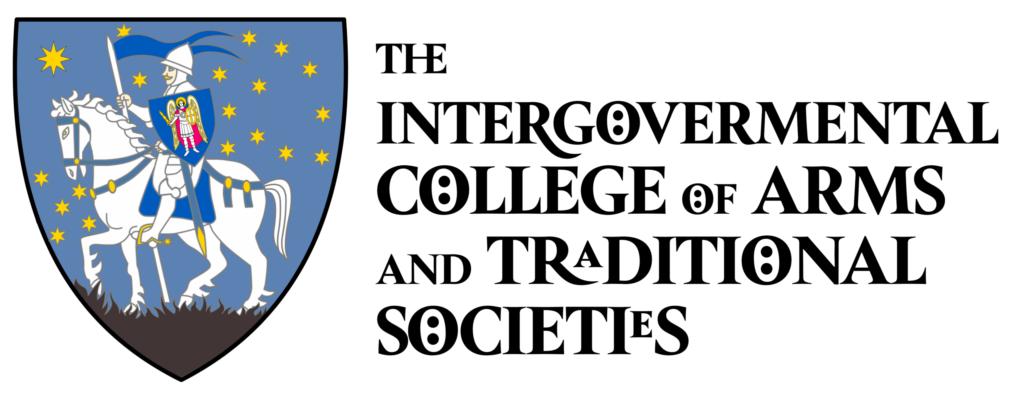Navigating the Grandeur: Pitfalls of Buying a Castle in France for International Buyers
The dream of owning a castle in France, with its romantic allure and historical grandeur, attracts buyers from around the world. However, this unique venture into real estate can come with its own set of challenges, especially for international buyers unfamiliar with the local market, legal system, and maintenance requirements of such monumental properties. This article explores the potential pitfalls that international buyers might face when purchasing a castle in France and offers insights on how to navigate these complex waters.
Cultural and Language Barriers
One of the first hurdles international buyers encounter is the language barrier. French real estate transactions involve extensive legal documentation and negotiations, predominantly conducted in French. Without a proficient understanding of the language and the local real estate terminology, miscommunications and misunderstandings can occur, potentially leading to unfavorable terms or even legal issues.
Understanding French Property Law
French property law, with its nuances and specificities, can be a minefield for those accustomed to different legal systems. France has strict regulations regarding property transactions, inheritance laws, and historical property preservation. International buyers may find themselves entangled in legal complexities they hadn’t anticipated, such as the “droit de préemption” (right of pre-emption) held by local authorities or the implications of the “viager” system.
Underestimating Restoration and Maintenance Costs
Many castles in France require significant restoration to return them to their former glory or to update them for modern living. These restoration projects can be far more extensive and costly than initially estimated, especially when adhering to the regulations for historical buildings. Ongoing maintenance costs for vast estates, ancient structures, and landscaped gardens can also spiral unexpectedly, turning a dream purchase into a financial burden.
Overlooking Location and Accessibility
The idyllic setting of a castle in the French countryside may come with drawbacks concerning accessibility. Some castles may be located in remote areas, far from urban centers, making it challenging for international owners to visit regularly or receive guests. The lack of nearby amenities and services can also pose inconveniences, particularly for those used to city living.
Managing the Estate
The management of a large estate is a significant undertaking that can be underestimated by those new to such ventures. From staffing to security, gardening to structural maintenance, the day-to-day running of a castle requires a committed approach and often, a substantial financial outlay. International buyers may find the management of such properties, especially from afar, to be a daunting task.
Navigating Historical Preservation Regulations
French castles often come with historical preservation status, which can severely limit the modifications owners can make. These regulations are in place to protect the architectural and historical integrity of the properties but can clash with the owner’s vision for renovation or modernization. Compliance with these regulations requires navigating bureaucratic processes and obtaining various permits, which can be time-consuming and restrictive.
Financial Considerations
Beyond the purchase price, international buyers must be aware of additional financial considerations such as property taxes, notary fees, and ongoing maintenance costs. There may also be implications for international taxation and estate planning that require expert advice to manage effectively.
Mitigating the Pitfalls
To mitigate these pitfalls, international buyers should:
- Engage local experts: Hiring a bilingual real estate agent, a notary familiar with cross-border transactions, and a legal advisor can provide invaluable guidance through the buying process.
- Conduct thorough due diligence: Comprehensive inspections and assessments of the property’s condition, legal status, and restoration needs are essential to avoid unforeseen expenses.
- Plan financially: Budgeting for not just the purchase but also the restoration, maintenance, and management of the property can prevent financial overreach.
- Understand the commitment: Recognizing the time, effort, and resources required to maintain a historic castle is crucial for a rewarding ownership experience.
Conclusion
Buying a castle in France is an adventure that can lead to a rewarding ownership experience, steeped in history and beauty. However, it’s a journey fraught with potential pitfalls, particularly for international buyers. By understanding these challenges and preparing adequately, buyers can navigate the complexities and achieve their dream of owning a piece of French heritage.



